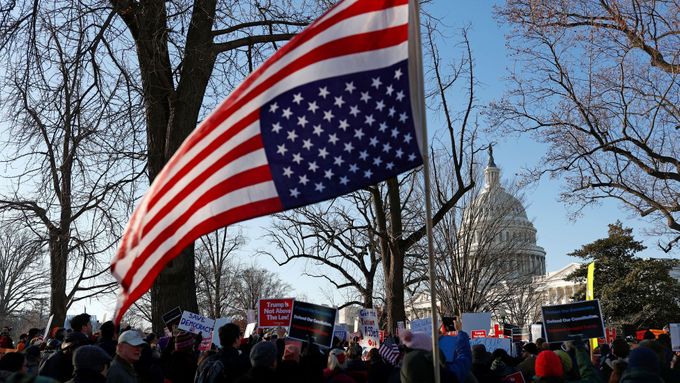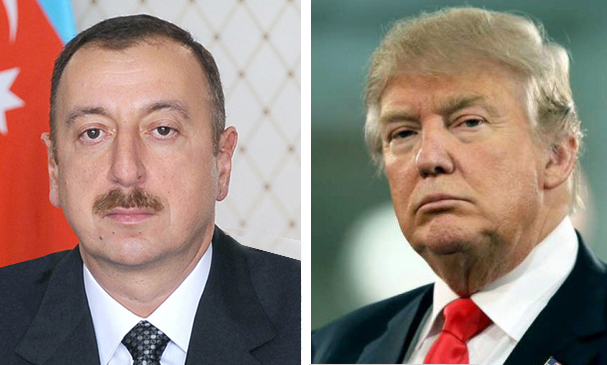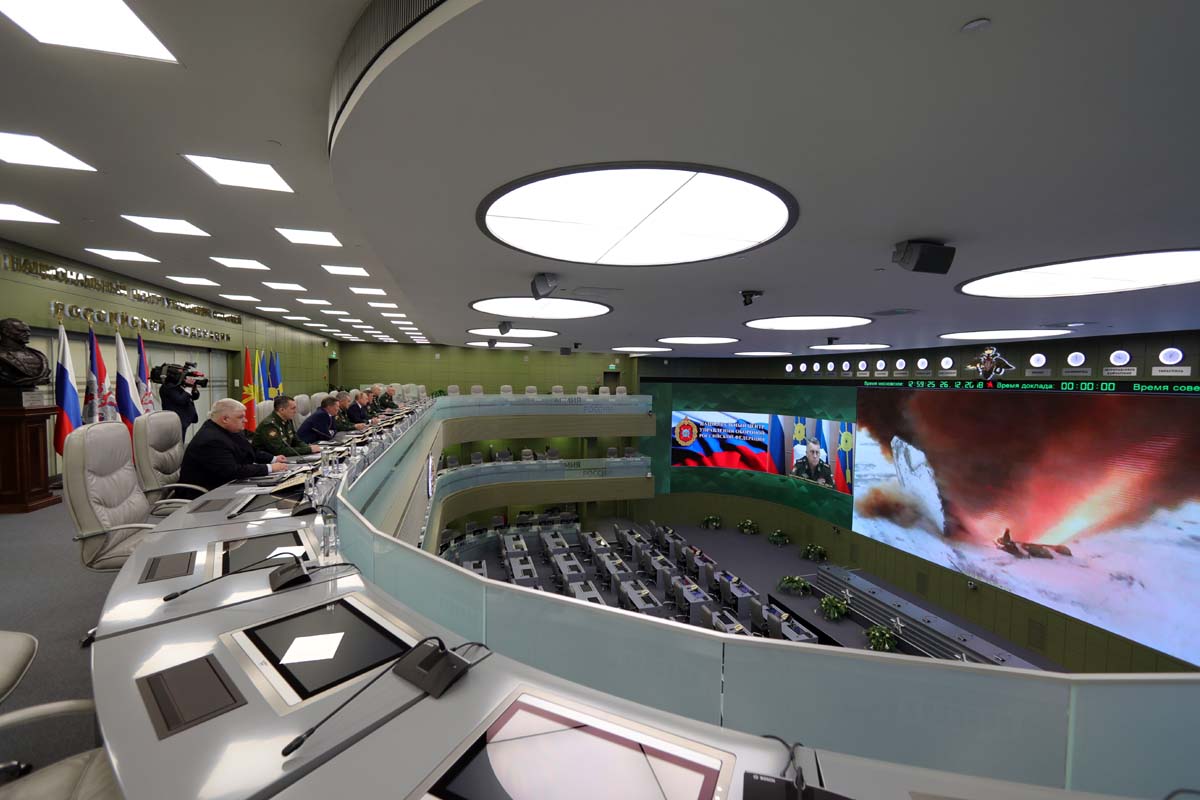
How Truth and Love Died in America
(Czech Republic) on 20 December 2019
by Daniel Anyz (link to original)
“Impeach, impeach, impeach!” some Democrats were calling even before Trump had managed to take the presidential oath of office. They wanted revenge for a loss they had brought on themselves. And now they can answer to the fact that their current warning about a real problem, Trump’s extortion of Ukraine, is beginning to sound like a hysterical partisan clarion call to many onlookers.
Republicans, bewitched by Trump as if by a cobra, are like the three monkeys who see nothing, hear nothing and say nothing. They are comic and tragic all at once. It would suffice for them to simply say, “Dear fellow citizens, this is not grounds for impeachment, but President Trump has behaved inappropriately; it was a mistake.” But they’re not even capable of that; they’re Trump’s political slaves.
And the truth? British columnist Peter Pomerantsev titled his book on Putin’s Russia “Nothing Is True and Everything Is Possible: The Surreal Heart of the New Russia.” That title also describes the contemporary United States, to say the least.
All-Too-Easy Snooping
It’s not just a matter of impeachment of the elected leader. A host of other things is floating on the water’s surface and in the mist; believe what you will. The report of Justice Department Inspector General Michael Horowitz on the circumstances under which the FBI eavesdropped on Trump campaign member Carter Page in autumn 2016, published last week, makes for unnerving reading.
In the request for a wiretap, which had to be approved by a special U.S. Foreign Intelligence Surveillance Court, the FBI stressed Page’s associations with Russians, which supposedly aroused suspicions that Page might be a mole planted inside the Trump team. But FBI officials chastely hushed up the fact, even though they knew well that Page had already been cooperating with the CIA for several years. In other words, his contacts with Russia were an activity that was controlled from the American side. For nearly a year, until summer 2017, Page was bugged and otherwise electronically monitored on the basis of an intentionally misleading description of his “suspicious” relations.
Of course, for the Trump camp, it’s now proof that the whole investigation of his presidential campaign with regard to Russian intervention in the 2016 U.S. election was a political conspiracy of “old Washington structures” (the Deep State) against their president. Yet aside from the fact that the inspector general’s report never reached such a conclusion, the uncertainty that this one concrete case arouses is a dire warning.
Even the presiding judge of the FISA court, Rosemary Collyer, admitted as much. She wrote that “several instances in which FBI personnel withheld from NSD information,” which the FBI kept to itself in this case, “calls into question whether information contained in other FBI applications is reliable.”
Yet, until now, the FISA court has evidently believed that the FBI was presenting full and truthful information. Out of 1,080 requests for surveillance that the court received from the FBI in 2018, it refused only one.
Lost in Afghanistan
Apparently, the last institution in which Americans still currently have great trust and respect, unlike Congress and the FBI, is their armed forces. Internal Pentagon materials about progress in the war in Afghanistan, acquired under the Freedom of Information Act and published in recent days by The Washington Post, are deeply disturbing and make for unpleasant reading.
In the very opening of the war, which has now lasted for 18 years, the political leadership of the country, President George W. Bush and his administration, knew what they wanted to accomplish. Destroy al-Qaida, overthrow and repress the Taliban, and determine whether Afghanistan was a terrorist staging ground for another possible 9/11.
But after a quick victory, the subsequent strategy, as U.S. Defense Department documents show, could be called a process of trial and error. “We were devoid of a fundamental understanding of Afghanistan – we didn’t know what we were doing,” says Douglas Lute, a three-star general and the White House chief liaison officer for Afghanistan under Bush and Barack Obama, among many other witnesses from that time.
War is a messy business, which can only be planned up to the first contact with the enemy. A clear goal can rapidly disappear in the dust over the battlefield. It’s quite different from the clean production halls, arranged to accommodate every movement of machines and humans, or the air-conditioned offices of Boeing. What danger could befall you there?
The Result Was Not Satisfactory
In October of last year, when 189 people perished in the wreckage of a Boeing 737 Max airliner, the manufacturer already knew it had a problem. The governmental regulatory agency, the Federal Aviation Administration, also knew. It projected in an internal analysis that, if errors in the software weren’t removed, another 737 Max could crash “every two to three years.”
Nonetheless, it decided that the 737 Max could continue flying and that Boeing would remove the bugs in the operation. It is something “that we need to look at very closely,” answered Steve Dickson, head of the FAA, in congressional testimony last week in response to the question of whether he thought his office’s reaction to the catastrophe in Indonesia was sufficient. “The result is not satisfactory,” Dickson added, according to a Wall Street Journal reporter.
No, it really wasn’t. Within fewer than five months after the first wreck, a second airliner crashed in Ethiopia – in the two 737 Maxes combined, 346 people were needlessly killed.
New York Times reporter Peter Baker compared the current American reality with the situation in 1974, when Richard Nixon was not removed from office only because he preferred to resign before it could happen— and with 1998, when Bill Clinton was impeached. “Impeachments come at times of tumult, when pent-up pressures seem to explode into conflict, when the fabric of society feels tenuous and the future uncertain,” is how Baker described the common character of these two moments.
What Is America?
Trump has split the American public like few people before him. “Mr. Trump, in his divisiveness, is the manifestation of a nation fracturing into warring camps and trying to define what America is about all over again, just as it did during Reconstruction, during the era of Vietnam and Watergate and during the rise of a new form of angry partisanship at the dawn of the information age,” Baker opines.
When America looks back at the Vietnam era or baby boomer President Clinton today, it is reconciled to its history being pulled together. It always finds itself again; its social contract – weakened but still strong enough for the country to function as a single whole – has weathered everything thus far.
The United States will most likely survive even its current tribal alignment and remain one nation. But right now, mutual tolerance – not to speak of trust or possible agreement – is fatally absent. As political scientist William Galston said after Wednesday’s impeachment of President Trump, “There will be no calm after the storm.”
*Translator note: The headline makes an apparent reference to a statement by Vaclav Havel, former president of Czechoslovakia and of the Czech Republic, in which he said, "Truth and love must prevail over lies and hatred."


